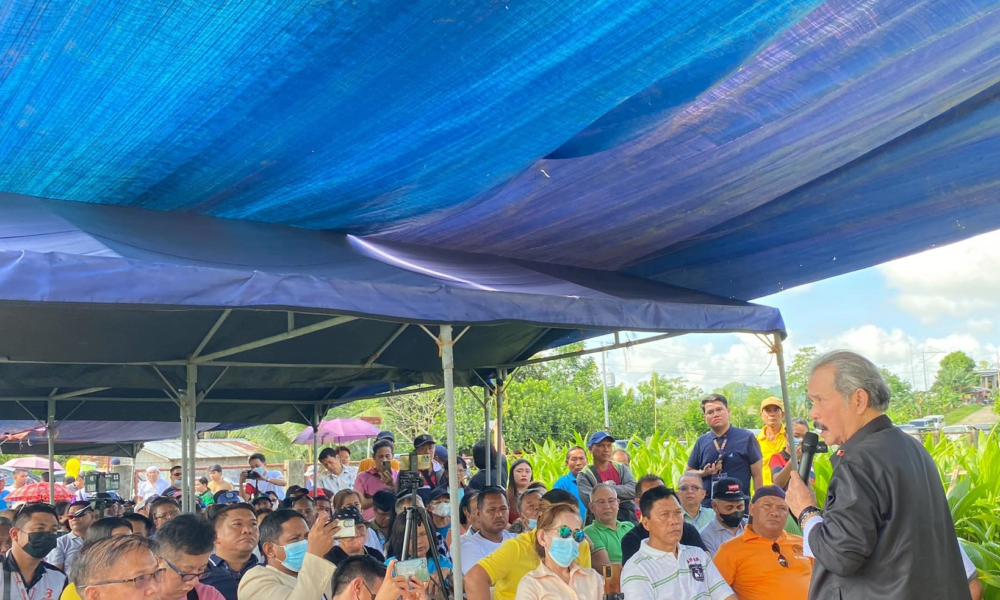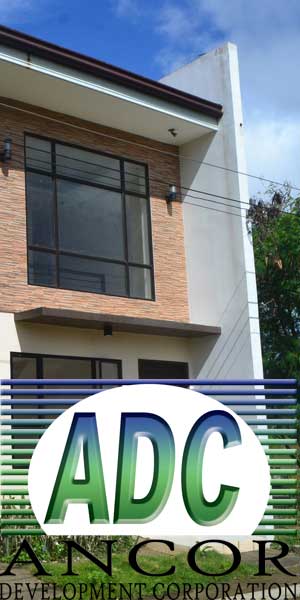
A CEREMONIAL dispersal of coconut seeds highlighted the launching of coconut inter cropping in cornfields, dubbed “Kalubihan sa Kamaisan” project in Barangay Tapulang, Maayon town on June 8.
The project, designed to further enhance the reforestation of the upland areas of the province is embodied in the Kalubihan sa Kamaisan ordinance, is also intended to mitigate soil erosion and flooding problems. Philippine Coconut Authority (PCA) 6 Regional Manager Neil Melencion said that the program of the provincial government and PCA is a first in the region that aside from environmental protection,
will also help corn farmers to get extra income. Melencion cited a study from the Department of Agriculture (DA) that planting coconut seeds can help lessen soil erosion in corn production sites where it is prevalent.
He added that the hybrid coconut seeds came from their facility in Zamboanga that was initiated during the administration of the late President Ferdinand Marcos, Sr. Meanwhile, PCA Capiz provincial manager Andy Laurilla noted that the ceremonial dispersal involved 7,000 coconut seeds distribute among 50 corn farmers in the municipality.
During the program, Gov. Fredenil Castro emphasized that the intercropping of coconut in cornfields in Maayon is just the start, as more hybrid coconut seeds will be rolled out province wide.
The province is yet to acquire about 100,000 hybrid coconut seeds for the project.
“Aton i-uli ang mga nadula CAPIZ /1 nga kalubihan angud nga ang sitwasyon sa kabanwahanan diri sa probinsya sang Capiz mabalik nga wala kita sang masyado nga erosion, kag hindi kita maapektohan sing masyado sang bagyo (Let’s bring back the lost coconut trees in the towns of Capiz to lessen the soil erosion and the effects of typhoons),” the governor added.
For his part, Maayon town Mayor Raymond Malapajo conveyed his appreciation to Governor Castro for choosing Maayon as the model town for the project.
The Sangguniang Panlalawigan members led by vice-governor Jaime O. Magbanua, Capiz Provincial Environment and Natural Resources Office (CaPENRO) consultant Glenn Beup, and local media were also present in the activity. (PIA Capiz)





